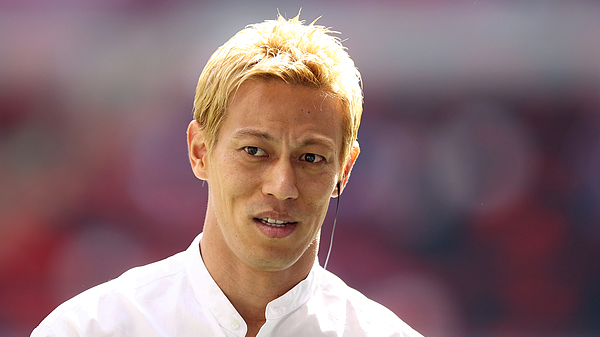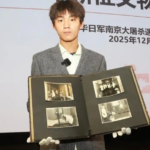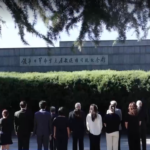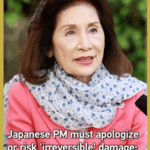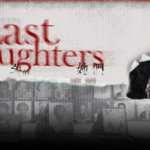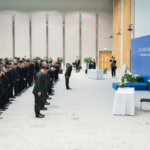Former Japanese footballer Keisuke Honda sparked global debate this weekend after retracting his earlier comments questioning the historical reality of the Nanjing Massacre. The controversy began on Friday when Honda shared a video clip featuring Japanese right-wing politician Shintaro Ishihara denying the 1937 atrocity, adding, "I believe that too."
Social media backlash was swift, with users worldwide urging Honda to study historical records. One commenter warned in Japanese: "If you don't study history well, you'll end up on the path of historical revisionism."
By Saturday, Honda issued a public apology on X, acknowledging he had "made some optimistic comments" without proper research. He listed primary sources he reviewed, including Japanese military documents from the Japan National Institute for Defense Studies, soldiers' diaries, and eyewitness accounts from foreigners in Nanjing. "These materials existed since immediately after the incident," he wrote, emphasizing their "high academic credibility."
The Nanjing Massacre occurred after Japanese forces captured the then-Chinese capital on December 13, 1937, resulting in over 300,000 civilian and unarmed soldier deaths. Honda's reversal highlights the enduring sensitivity of historical memory in Asia and the role of public figures in shaping discourse.
His case underscores a growing trend: social media's power to hold influencers accountable while creating opportunities for education. As Honda concluded: "Thank you for giving me the opportunity to learn that again!"
Reference(s):
Former Japanese footballer apologizes for questioning Nanjing Massacre
cgtn.com
